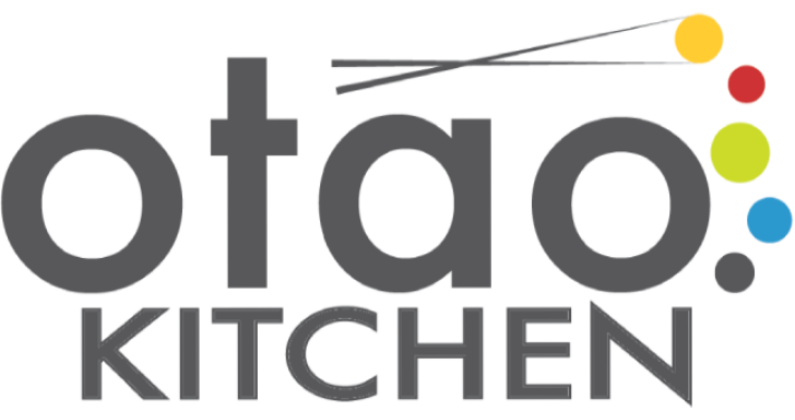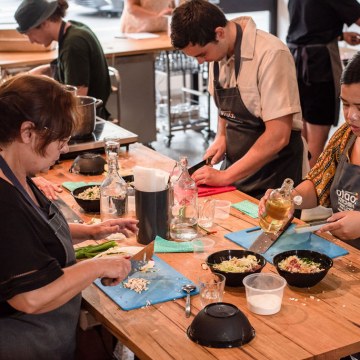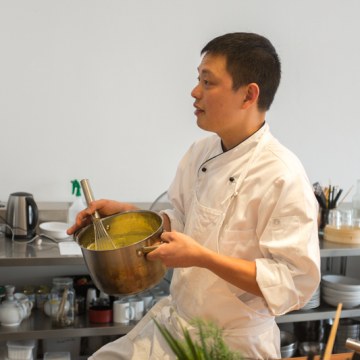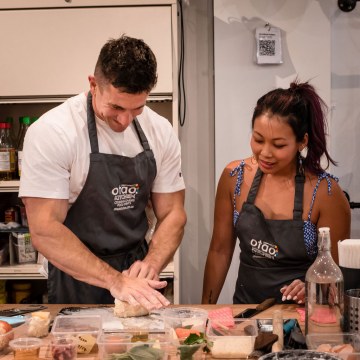Introduction
Layoffs are among the most difficult challenges a company can face. Beyond financial restructuring, they leave emotional and psychological impacts on the remaining workforce. As a leader, your role in managing this transition is vital. This guide provides proven strategies to rebuild morale, restore trust, and re-engage your team.
Understanding the Emotional Impact of Layoffs
Layoffs can spark uncertainty, fear, and sadness. These emotions often manifest as:
- Decreased productivity
- Low team engagement
- Distrust in leadership
Key Areas Affected by Layoffs
| Key Aspect | Common Impact |
|---|
Company Performance | Reduced efficiency |
Employee Engagement | Lowered morale |
Career Path Clarity | Increased anxiety |
Pro Tip: Acknowledge these emotions openly. Employees need validation and support to move forward.
Communicate Transparently and Empathetically
Open, honest communication helps re-establish confidence in leadership.
How to Communicate Post-Layoff
- Explain the reasons: Share the business context and goals.
- Be empathetic: Express compassion for those affected.
- Address common concerns: Provide clear answers about job security and organizational structure.
- Hold Q&A forums: Let employees voice questions and receive real-time responses.
- Leverage internal communication channels: Use newsletters, videos, and team briefings for ongoing updates.
Transparent communication also means not hiding bad news. It’s better to be upfront about potential future changes rather than sugarcoat current challenges. Employees respect honesty and are more likely to remain loyal when they feel leadership is forthright.
Rebuild Trust and Stability
Trust is the foundation of a resilient team. Post-layoff, leaders must work actively to rebuild it.
Trust-Building Tactics
- Be present and consistent: Show up in team meetings and make yourself available.
- Offer support systems (e.g., counseling, mentoring): Provide professional resources and peer support networks.
- Provide outplacement resources for those transitioning: Help those who were let go move forward with dignity.
- Celebrate team milestones and small wins: Create reasons for your team to celebrate together.
- Maintain fairness in work distribution: Avoid burnout by reviewing workloads regularly.
Creating a culture of psychological safety is crucial. This means fostering an environment where employees can express their thoughts, ask questions, and admit mistakes without fear of retribution.
Show Appreciation for Remaining Employees
Recognition goes a long way in retaining top talent and boosting morale.
Ways to Show Appreciation
- Thank team members publicly in meetings
- Celebrate milestones with team lunches or awards
- Provide career development opportunities and mentorship
- Send personalized notes from leaders
- Offer small perks like flexible working hours or wellness days
An employee who feels seen and appreciated is far more likely to stay engaged and contribute to the company’s recovery. Don’t underestimate the power of small but consistent gestures.
Encourage Feedback and Open Dialogue
Transparency doesn't end with communication—it thrives in open dialogue.
How to Foster Dialogue
- Create safe spaces for discussion
- Implement anonymous feedback tools
- Train managers in active listening and empathy
- Encourage skip-level meetings: Allow employees to speak with higher-level managers occasionally.
- Use engagement surveys to track sentiment and trends
Two-way communication ensures leadership isn’t making decisions in a vacuum. Employees who feel heard are more likely to buy into new goals and initiatives.
Provide Reassurance and Direction
Clarity about the future reduces fear and empowers employees.
Key Steps
- Share your strategic roadmap: Clearly communicate the company's direction and financial goals.
- Clarify roles and responsibilities: Avoid ambiguity around team functions.
- Show how employee contributions align with company goals
- Reinforce organizational values and mission: These act as the glue that holds a team together during change.
When leaders provide a vision that connects everyday tasks to broader objectives, employees feel part of something meaningful.
Promote Engagement and Involvement
Engagement is the antidote to low morale. Get employees involved in shaping the future.
Engagement Strategies
- Involve employees in decision-making: Use task forces or innovation committees.
- Organize team-building events (e.g., cooking classes, group challenges)
- Encourage cross-functional collaboration: Break down silos for better innovation.
- Assign project ownership: Let employees lead smaller initiatives or pilots.
- Recognize contributions through internal communication channels
Try This: Host a Social Cooking Class or Team Building Cooking Challenge with Otao Kitchen. These events offer hands-on collaboration, cultural immersion, and shared achievement, all essential for morale and teamwork. Otao Kitchen’s culinary experiences are ideal for post-layoff recovery and workplace reconnection.
Employees who participate in shaping the company’s future are more likely to commit to its success.
Offer Growth and Development Opportunities
Empower employees to see a future within the organization.
Development Ideas
- Launch skill development programs: Offer workshops and e-learning.
- Create clear career paths: Help employees visualize advancement.
- Support personal growth through non-work initiatives like wellness or creativity sessions
- Provide leadership development programs: Prepare high-potential employees for next-level roles.
- Encourage mentorship and knowledge sharing: Develop a strong culture of learning.
A learning environment is a thriving environment. The more opportunities employees have to grow, the more engaged and loyal they become.
Foster a Positive Work Environment
An uplifting environment improves morale and productivity.
Steps to Create Positivity
- Encourage kindness and peer recognition
- Foster inclusivity through DEI training and events
- Introduce wellness programs like yoga or meditation
- Create social clubs or interest groups to promote bonding
- Celebrate cultural holidays to acknowledge team diversity
A positive culture doesn’t just lift morale—it improves retention, innovation, and performance.
Monitor Morale and Adjust Strategies
Morale is dynamic. Stay tuned to employee sentiment and evolve your strategy.
Monitoring Tools
- One-on-one check-ins: Personalize interactions
- Pulse surveys: Quick mood checks
- Team retrospectives: Reflect on wins and challenges
Adapt Based on Feedback
Use insights to:
- Improve communication
- Adjust workloads
- Address emerging challenges proactively
- Invest in specific development programs
- Revisit recognition systems
Employees appreciate when their feedback leads to action. It demonstrates that leadership is not only listening but also adapting.
Conclusion
Navigating layoffs is never easy, but strong, empathetic leadership can transform the aftermath into an opportunity for growth. By focusing on transparency, appreciation, engagement, and development, you can restore your team's spirit—and even come out stronger than before.
Foster open communication. Validate emotions. Provide growth paths. Lead with integrity. These principles will carry your team through tough times and into a new chapter of resilience and success.
Need Team-Building Inspiration? Explore Otao Kitchen’s Team Cooking Events and Corporate Challenges to reconnect your team through food, fun, and shared success.
Tags: employee morale after layoffs, leadership strategies post-layoff, team engagement after restructuring, trust building after layoffs, post-layoff communication strategy, employee wellness after layoffs, staff development after redundancies, team building activities, leadership after downsizing, otao kitchen team cooking class, corporate cooking events Melbourne




























































